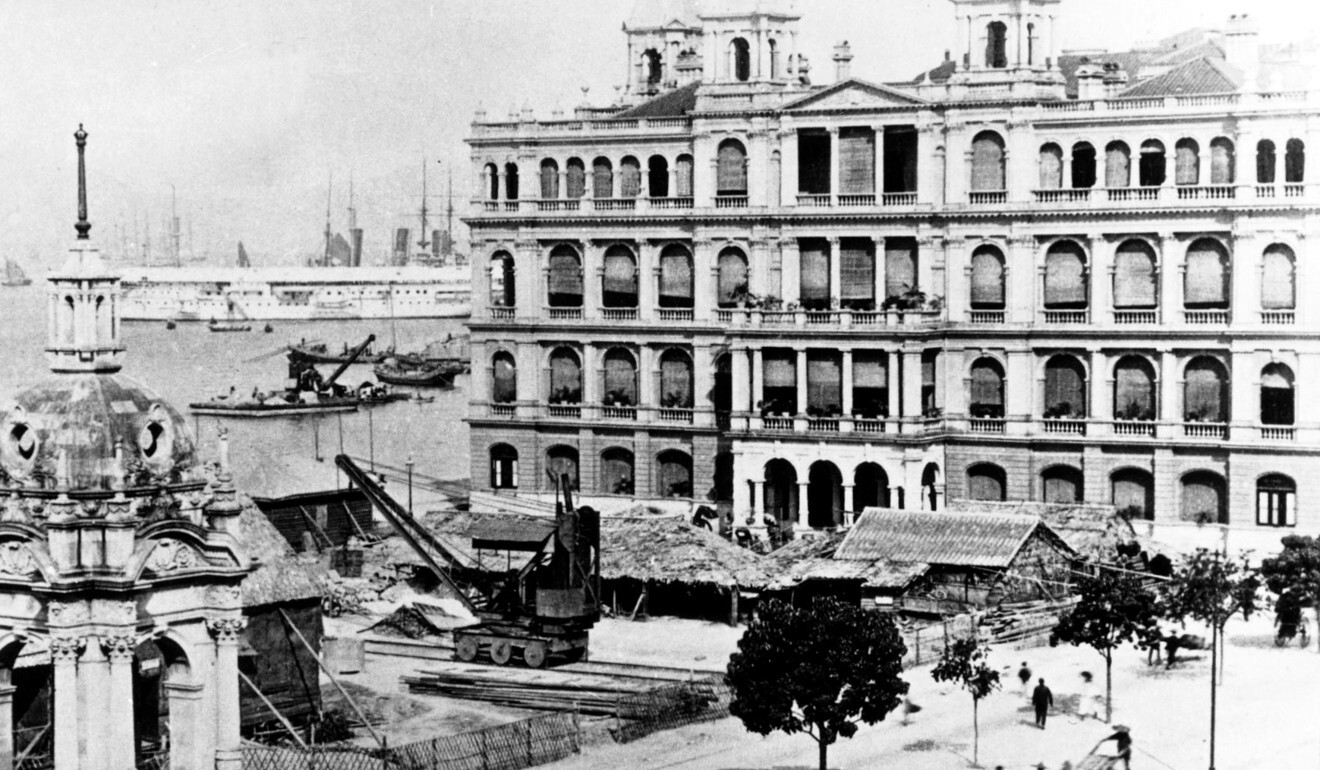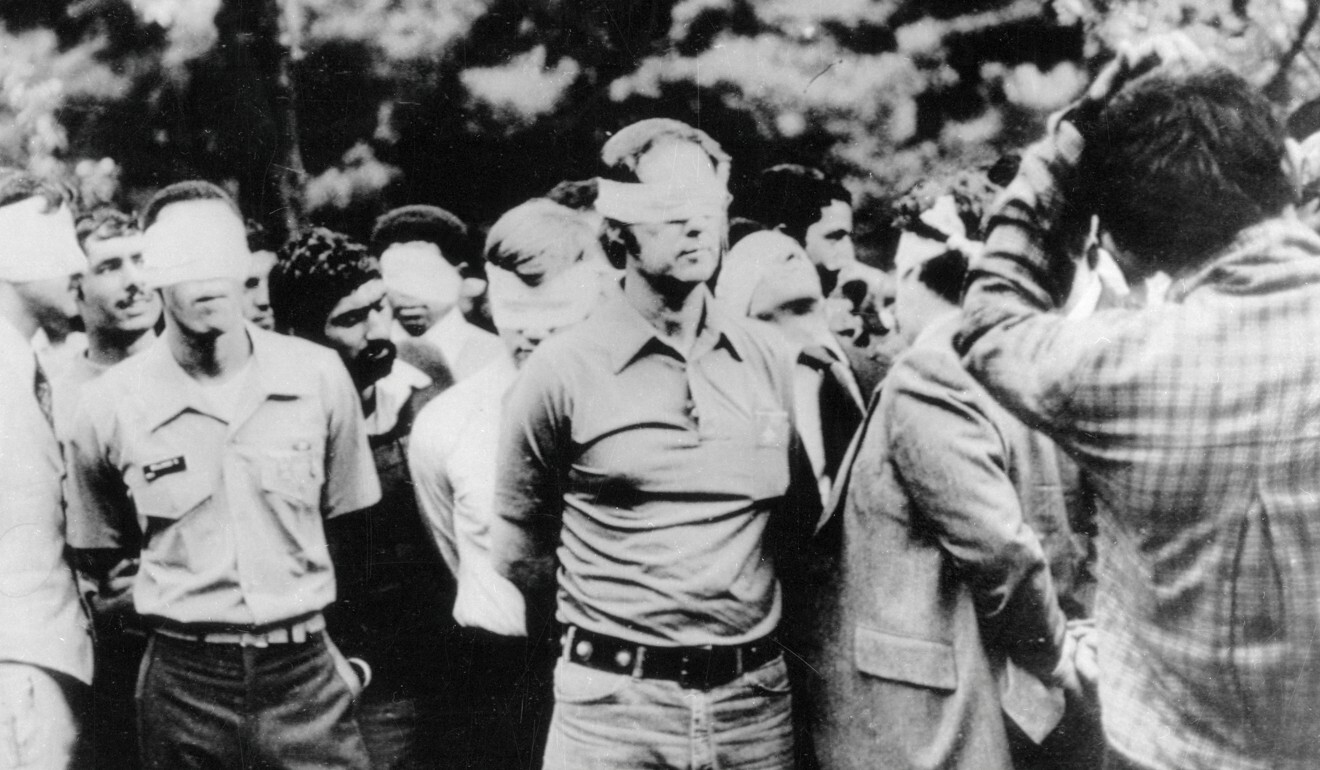
Local gang setting up sex traps, ‘broomstick killer’ strangling a young boy and stolen diamond: headlines from forty years ago
- A journey back through time to look at significant news and events reported by the South China Morning Post from this week in history

A local gang setting up sex traps to lure rich gay men, Hong Kong’s “broomstick killer” strangling a young boy upon release from prison and Australia’s largest diamond being stolen in front of a large crowd made the headlines 40 years ago this week.
October 12, 1980
● The “broomstick killer”, who battered a prostitute to death in Wan Chai 10 years earlier, had murdered again after being released from a British prison. Denis George Unsworth, 31, was back behind bars for killing an eight-year-old boy months after being assessed to be fit enough to rejoin society. Unsworth had undergone a lobotomy operation which doctors hoped would restrain his compulsion to kill. Unsworth killed the prostitute by ramming a broomstick into her body.
October 13, 1980
● About 40 foreign correspondents had arrived in Amman from Baghdad over that week after being ordered to leave by Iraqi authorities. The move appeared to be aimed at reducing the foreign press corps in the country to manageable proportions, rather than at curtailing the flow of news about the Gulf war.

October 14, 1980
● The Hong Kong Club’s executive committee had taken another step to seal the fate of its old building, constructed in 1897, by giving the Hongkong Land the nod to redevelop the site. A majority of its members voted in favour of the building’s demolition in December that year, but preservationists among them had earlier said the old building should be saved for its historic value.
October 15, 1980
● Hong Kong’s competitiveness in export markets was threatened by a sharp rise in prices for commercial and industrial space, the chairman of Jardine Matheson, David Newbigging, warned. He said prices of these buildings were among the highest in the world which could affect the city’s status as a manufacturing centre and an exporter. Meanwhile, the US consul general was negotiating a major expansion of its Garden Road official premises in a bid to escape soaring rents by bringing all its offices in the city under one roof.
October 16, 1980
● At least 10 wealthy gay men had been lured into sexual entrapments, before being assaulted and robbed by a well-organised gang of male prostitutes over a few months that year, police sources said. But none of the assaults and robberies had been reported to police. The victims included two public servants and several lawyers. Police said the gang might have been responsible for the death of a wealthy art dealer, whose naked body was found at his home on The Peak earlier that month. Ian Maclean, 50, was found tied and gagged.

October 17, 1980
● The US might be on the verge of announcing a deal which would see the release of some 52 American hostages held in Iran since November 4, 1979. President Jimmy Carter revealed that he had sent a “secret mission” to Iran. It was reported that the hostages might be exchanged for military spare parts and that a deal could be concluded that week.
● China detonated a nuclear device in the atmosphere early that day, the Energy Department announced. The blast took place in Lop Nor in northwest China. This happened after US government reports saying China might be secretly conducting nuclear tests with very low explosive power despite Beijing’s assertions that it was strictly adhering to an international accord banning all such tests.
October 18, 1980
● China agreed in principle to buy two nuclear power stations from France at a total cost of 8 billion francs, (about HK$10 billion at the time), President Valery Giscard d’Estaing told a press conference. A decision would have to be made on whether the nuclear power stations, which would be planned as a pair with common services, should be built in Shanghai or Guangdong.
Remember A Day looks at significant news and events reported by the Post during this week in history